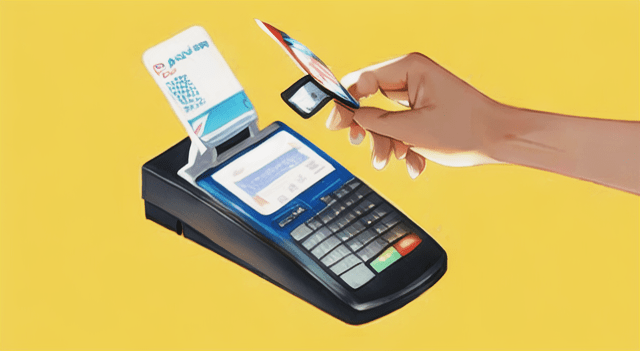The Ultimate Guide to Credit Card Management
“Financial freedom starts with wise credit card management.â€
How to Ensure Effective Usage of Credit Cards
Credit cards have become an integral part of modern-day financial transactions, offering convenience and ease of purchase. However, their misuse can lead to financial troubles and debt traps. To make the most of credit cards and ensure responsible usage, it is essential to follow some smart practices. In this article, we will discuss how to ensure effective usage of credit cards and manage your finances wisely.
1. Choose the Right Credit Card
Before applying for a credit card, it’s crucial to research and compare different options available in the market. Look for a credit card that aligns with your spending habits and offers rewards or cashback on your preferred categories. Understanding the terms and conditions of the credit card will help you make an informed decision and choose the one that suits your needs the best.
2. Set a Credit Limit that Fits Your Budget
When you receive your credit card, the issuer will assign you a credit limit based on your financial profile. However, it’s essential to assess your spending capacity and set a credit limit that fits within your budget. Avoid reaching the maximum limit, as it can lead to difficulties in repaying the outstanding balance.
3. Track Your Spending Regularly
Keeping track of your credit card expenses is vital to staying within your budget and avoiding overspending. Many credit card issuers provide mobile applications or online portals that allow you to monitor your transactions in real time. Regularly reviewing your statements will also help you detect any unauthorized charges and report them promptly.
4. Pay Your Bills on Time Timely payment of credit card bills is critical to maintaining a good credit score and avoiding late payment fees. Set up reminders or use automatic bill payment options to ensure that you never miss a due date. Paying your bills on time will also reflect positively on your credit report, increasing your credibility as a borrower.
ensure that you never miss a due date. Paying your bills on time will also reflect positively on your credit report, increasing your credibility as a borrower.
5. Keep Credit Card Information Secure
In this digital age, safeguarding your credit card information is vital. Avoid sharing sensitive card details on unsecured websites or with unknown individuals. Regularly update passwords for your online accounts and use multi-factor authentication whenever possible. Be cautious when using public Wi-Fi networks to prevent potential hacking attempts. The more secure you keep your credit card information, the less vulnerable you are to cyber threats.
6. Limit the Number of Credit Cards
Having multiple credit cards may seem tempting, but it can also lead to uncontrolled spending and difficulty in managing payments. It’s advisable to limit the number of credit
7. Avoid Cash Advances
Credit card cash advances may seem like a convenient option in times of financial emergencies, but they come with exorbitant fees and high-interest rates. Opt for alternative sources of funds, such as personal savings or emergency funds, to avoid falling into a cycle of debt due to cash advances. Use credit cards primarily for purchases and expenses that you can pay off within the billing cycle.
8. Review Monthly Statements Thoroughly
Always review your credit card statements thoroughly each month. Scrutinize all transactions for accuracy and ensure no fraudulent or unauthorized charges have been made. Reporting any discrepancies promptly to your credit card issuer is crucial to protect yourself from financial fraud and identity theft. By staying vigilant and proactive, you can safeguard your financial interests and maintain peace of mind.
9. Monitor Your Credit Score
Your credit score plays a significant role in your financial life, affecting your ability to secure loans, mortgages, and even job opportunities. Regularly check your credit score through credit bureaus or various credit monitoring services. Monitoring your score allows you to identify any errors or discrepancies and take appropriate measures to rectify them. A healthy credit score opens doors to better credit card offers, lower interest rates, and improved financial opportunities
10. Understand the Terms and Conditions
Credit card agreements often come with lengthy terms and conditions. Take the time to read and understand these documents thoroughly. Familiarize yourself with the interest rates, fees, grace periods, and any other relevant policies associated with your credit card. Knowledge is power, and being aware of the terms will help you make informed decisions and avoid unexpected surprises.
Conclusion
Using credit cards effectively is a learned skill that requires financial discipline and responsibility. By choosing the right credit card, creating a budget, paying on time, monitoring your credit score, and following best practices, you can make the most of your credit cards while staying financially secure. Remember, credit cards are powerful tools that can work to your advantage if used wisely. Be proactive, stay informed, and take control of your financial future.


